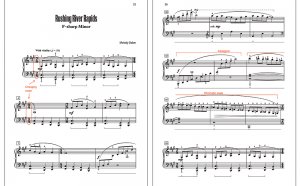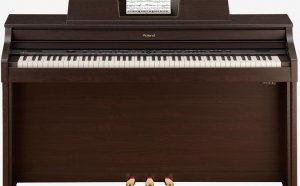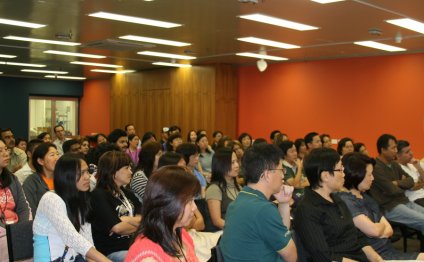
Piano lessons for Toddlers
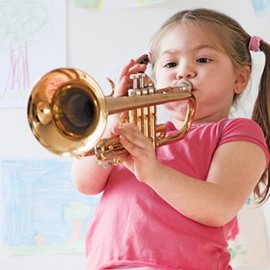 For Lise Buelow, a mom in Barrie, Ont., there’s something magical about age three. That’s when each of her kids began piano lessons — and the results are music to her ears. Nicholas, 6, and Quinn, 9, still study piano; CJ, 11, plays trumpet; and Shaundra, 13, switched to violin after completing grade six piano, and recently taught herself the drums. “Music is just a language for her now, ” she says. “Early exposure is a lot of that.”
For Lise Buelow, a mom in Barrie, Ont., there’s something magical about age three. That’s when each of her kids began piano lessons — and the results are music to her ears. Nicholas, 6, and Quinn, 9, still study piano; CJ, 11, plays trumpet; and Shaundra, 13, switched to violin after completing grade six piano, and recently taught herself the drums. “Music is just a language for her now, ” she says. “Early exposure is a lot of that.”
Buelow may be on to something. In the same way that children who learn a second language at a younger age often become more fluent than those who start later, a recent study from suggests there are significant benefits to early music lessons. Brain scans of musicians who started training on an instrument before age seven showed stronger connections between motor regions – areas of the brain that help plan and carry out movements such as fingering and coordinating both hands – than those who began lessons later on, despite having the same amount of musical training and experience overall. Early trainers in the study also had better accuracy and precision.
Read more: Can music make your child smarter?>
Does this mean Tiger Moms have the right idea with their strict disciplinary approach to music instruction? Not necessarily. Activities that give us pleasure are more likely to create changes in the brain, so if a child can’t stand music classes or throws a tantrum whenever it’s time to practise, any potential advantages of starting before age seven may be lost. Furthermore, forcing a child to play an instrument could cause what the study calls “toxic stress, ” possibly increasing his or her body’s production of cortisol, a stress hormone that can damage the developing brain.
The key, it would seem, is to find a music program that your child enjoys – which is sometimes easier said than done. Vancouver mom Adina Trowhill thought she was doing the right thing by enrolling her daughter, Victoria, in Suzuki-method violin lessons when she expressed interest at age five. After all, her son Sebastian started piano in the Suzuki program when he was four. He’s now 11 and taking guitar, keyboard and singing lessons, and can read music.
But with Victoria, it was a disaster from the start. “It was painful – making her practise, taking her to the lessons. I hated it, and she hated it, ” says Trowhill, who eventually let Victoria, now seven, quit. She wonders if waiting a few years would’ve made things easier on them both. “Parents need to respect that each child learns differently, ” she says.
Read more: How to nurture your child’s interests>
Buelow agrees that the fun factor is important. “If you give them a choice, most kids will find something they enjoy, ” she says. She recommends the international Music for Young Children program, which is piano-based group lessons for up to six kids with parents, and which takes a light-hearted, hands-on approach to theory and play.
Of course, it’s possible some kids are just inherently more musical than others. Buelow and her husband, John, for example, are both music teachers, so their kids may have been born with a greater aptitude for music. Indeed, according to the Montreal study, genes and environmental factors may play a part in both the tendency to begin training early and the differences in brain structure and behaviour.
If you’re still not sure when – or even if – your child should begin music lessons, don’t feel as though it’s now or never. When the interest is there, music can be learned at any age. Just ask Buelow, the music teacher. She didn’t start her own musical training until junior high. “It’s harder to learn the longer you wait, but it can still be done, ” she says.
YOU MIGHT ALSO LIKE

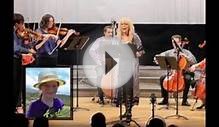
Share this Post
Related posts
Basic piano lessons for Kids
If you want to teach your child to play the piano, there are several ways of doing it - you can find a piano teacher for…
Read MoreBest online piano lessons for Kids
Excerpt from a newspaper article The Canadian team behind Little Composers have created what may be the best music apps…
Read More
